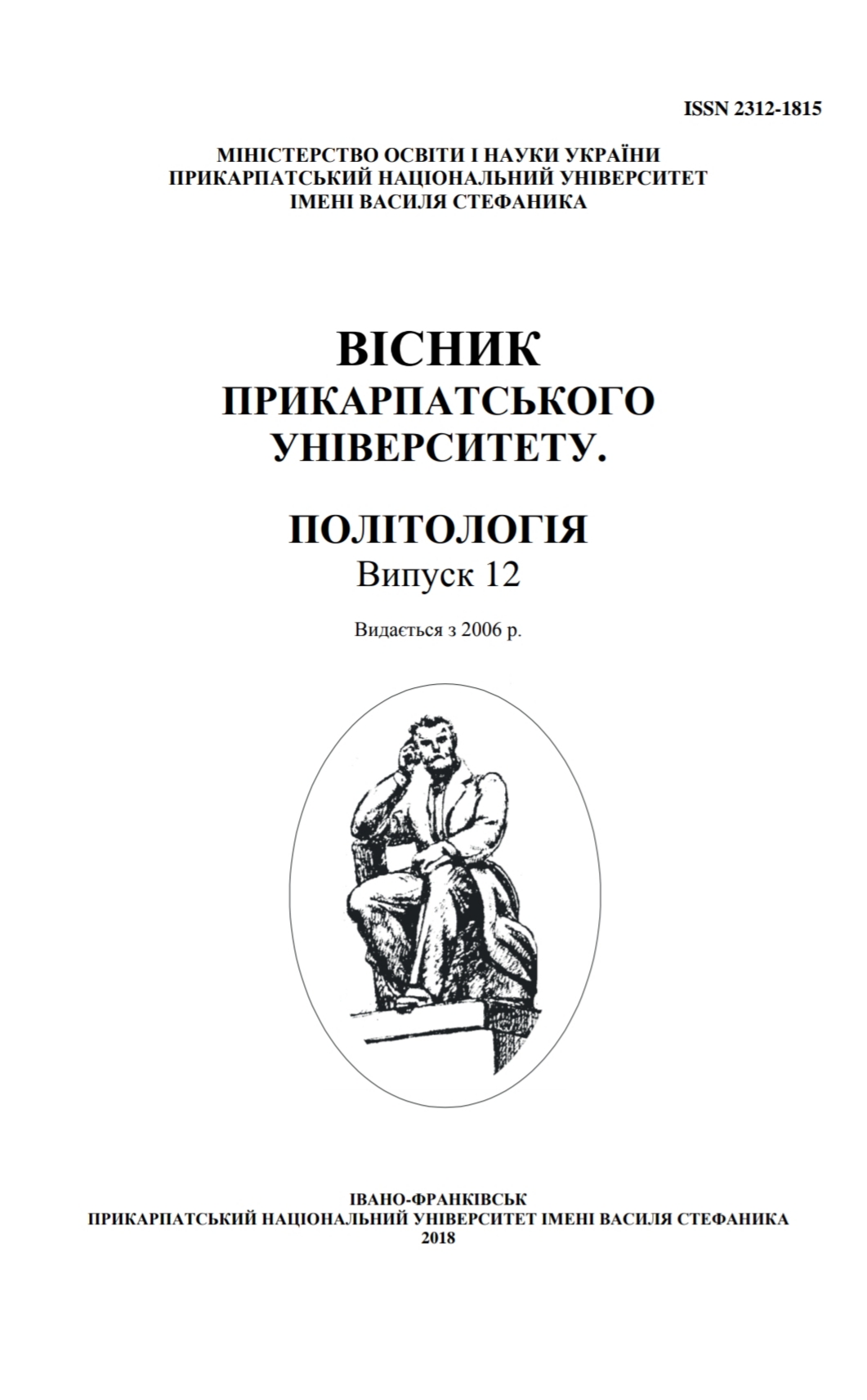rofessiogram of a specialist in international relations through the prizm of diplomatic stuff training in the member states of the Visegrad Four
Keywords:
Key words: professional training, specialist in international relations, educational courses, states of the Visegrad Four, educational process.Abstract
The problem of professional training of specialists in international relations in the Visegrad Four states is considered. Features of the educational process organization at the Academy of Diplomacy of the Polish Ministry of Foreign Affairs in Warsaw, as well as main objectives and tasks of training of future specialists in international relations, are pointed out. The basic abilities which certified specialists in international relations should possess in accordance to the program documents are determined. The importance and necessity of positive foreign experience using in personnel training for international activities in Ukraine are emphasized.
Today in the states of the Visegrad Four there is a large number of private and state universities which train specialists in international relations. In addition, there are a lot of non-state research centers, state and non-state institutions which provide training of international relations specialists. For example, in the Republic of Poland there is Polish Institute of International Affairs (PISM), Center for Eastern Studies, Western Institute, Center for International Relations, Institute of Geopolitics and Institute for Strategic Studies, Diplomatic Academy of PISM.
The content of diplomats training in the states of the Visegrad Four involves the formation of general and professional competencies of the future specialist in international relations. Professional competencies are primarily determined by production functions and typical tasks of professional activity. General competencies include: ability to think systematically; readiness to use methods of applied political analysis of international processes in professional practice; readiness to be responsible for the decisions made in the scope of professional competence, ability to make non-standard decisions, solve tough situations; development of the creative thinking, professional initiative, initiation of positive changes; readiness to take responsibility and reveal leadership qualities.


